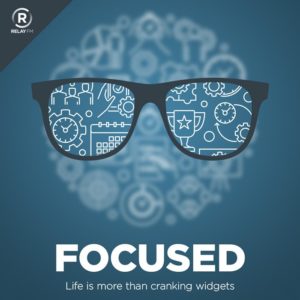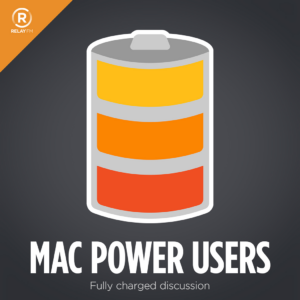Apple is, understandably, taking a conservative approach to artificial intelligence. Nowhere is this more obvious and product-crippling than its text intelligence features. I am a fan of using AI for an edit pass on my words. Specifically, I’ve come to rely on Grammarly and its ability to sniff out overused adverbs and otherwise general sloppiness in my writing.
I’ve been around long enough to recall when grammar checkers first started appearing in applications like Microsoft Word. They were useless. It was comical how often their recommendations went against the grammar rules and made your writing worse. It wasn’t until the arrival of Grammarly that I got back on board with the idea of a grammar checker, and it’s been quite helpful. Note that I’m not using artificial intelligence to write for me; I’m using it to check my work and act as a first-pass editor. The problem I’ve always had with Grammarly is that it sends my words to the cloud whenever I want them checked.
Ideally, I’d like that done privately and locally. That’s why I was so excited about Apple Intelligence and text intelligence. It would presumably all happen on the device or Apple’s Private Cloud Compute servers. Unfortunately, at least in beta, Apple Intelligence isn’t up to the task. That conservative approach makes Apple’s Text Intelligence useless to me in this editor role. While Apple’s tools can identify obvious grammatical errors, they fall short in the more nuanced aspects of writing assistance.
A telling example: As a test, I recently gave Apple Intelligence a paragraph where the word “very” appeared in three consecutive sentences — a clear style issue that any modern writing tool would flag. However, Apple’s text intelligence didn’t notice this repetition. That’s very, very, very bad.
This limitation reflects a broader pattern in Apple’s approach to AI tools. While the foundation is solid, the current implementation may be too restrained to compete with existing writing assistance tools that offer more comprehensive feedback on style and readability. The challenge for Apple will be finding the sweet spot between maintaining their caution and delivering genuinely useful writing assistance. I get the big picture here. I know they’re not trying to make a Grammarly competitor, but they need to take several steps away from that conservative benchmark if this is going to be useful.
Another problem with the text tools is the implementation of recommended changes. You can have it either replace your text entirely (without any indicator of what exactly was changed) or give you a list of suggested edits, which you must implement manually. Other players in this space, like Grammarly, highlight recommended changes and make it easy to implement or ignore them with a button.
Apple is famous for its ability to create excellent user interfaces, and I suspect they could do something similar but probably better if they put their minds to it. Unfortunately, the current version of the text intelligence tools in Apple Intelligence isn’t even close.





